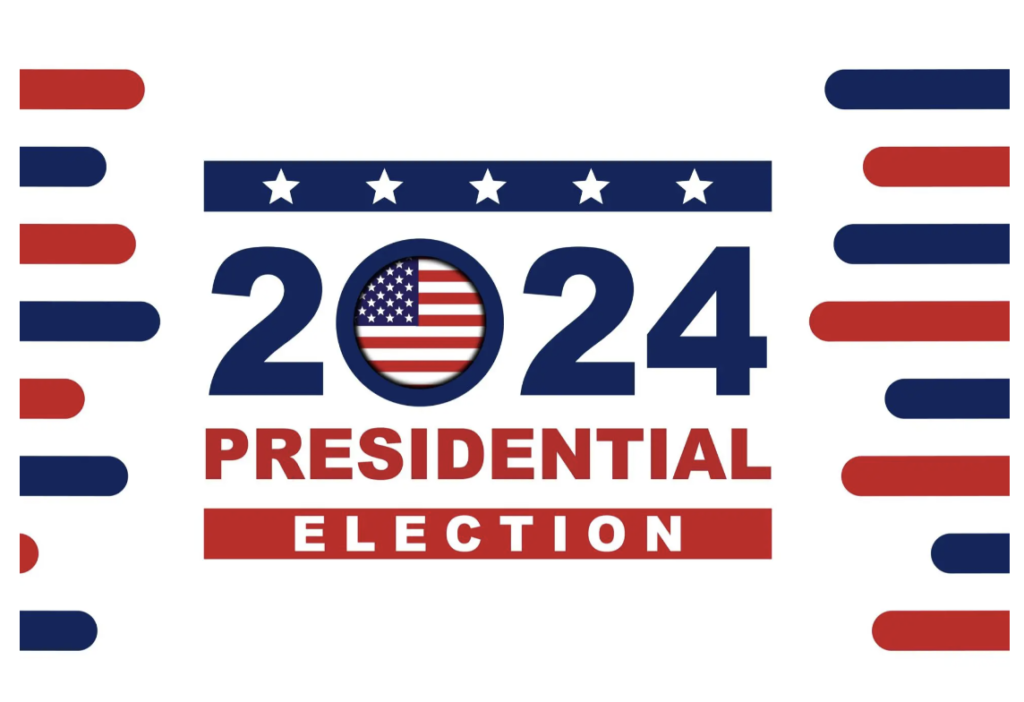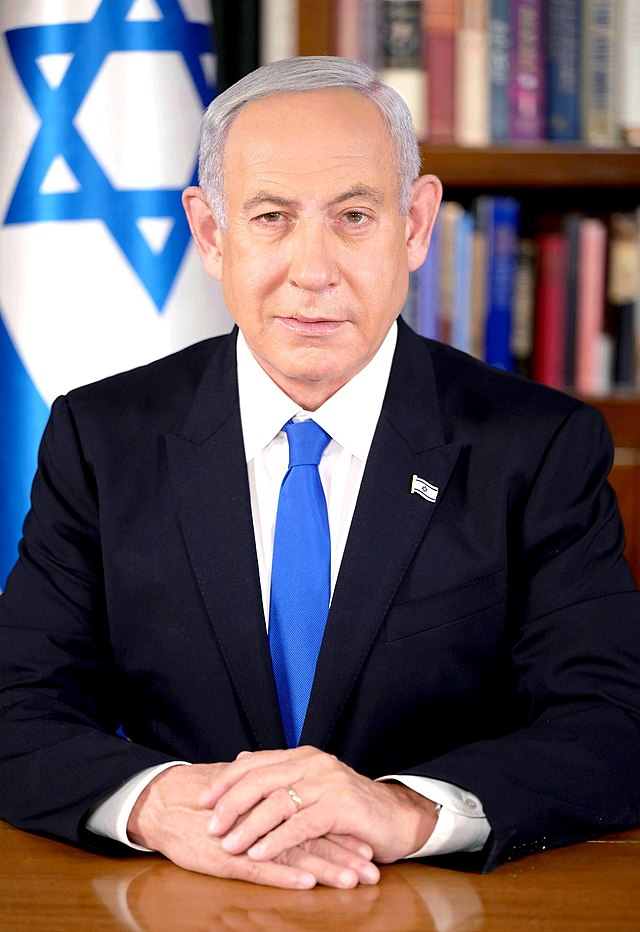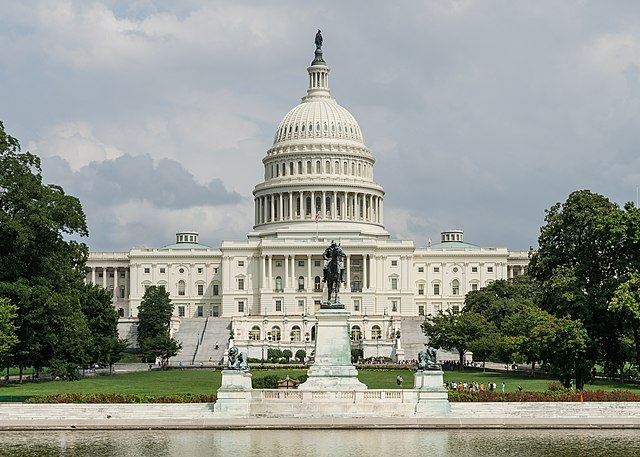Netanyahu’s Washington Visit, Arab Americans and US Elections



By: Ghassan Rubeiz / Arab America Contributing Writer
When Congress invited Israeli Prime Minister Benjamin Netanyahu at the end of May, it was a surprise to most Americans. To Arab and Muslim Americans, it was a kick in the teeth. The very fact that he will be speaking to Congress this week points to the chaos in American politics. Why would a nation as deeply divided as ours invite a leader who has caused such rifts at home?
More telling still is President Biden’s acceptance. Biden has again proven too weak to shun Netanyahu. Republicans have engineered the visit to bolster their relations with Israel’s hawks and to drive a wedge between Democrats and the Jewish lobby. The spectacle of Biden welcoming Netanyahu will take place at the nadir of Biden’s career, only days after the end of his bid for a second term. Biden’s withdrawal will make Netanyahu’s visit even more fraught.
Netanyahu’s plan, no doubt, was to come to Washington, offer perfunctory thanks to the White House team, and immediately get down to business with Republicans: tacitly reinforce his support for a second Trump presidency and seek their support in exchange. But to Netanyahu’s surprise and dismay, the Democrats have regained confidence now that Biden has stepped down and endorsed Vice President Kamala Harris to replace him.
Few Arab-Americans were sad to see Biden withdraw. Some will continue to support Trump despite his chaotic record, based on his conservative stances on taxes, immigration and abortion. Arabs and Muslims who support Trump are not all that worried about the Republicans’ unconditional support for Israel: they seem to take Trump’s ignorance of the Middle East as a plus, and assume he can be persuaded to be more sensitive to Arab and Muslim issues.
But for many of us, a second Trump presidency would be a disaster, and Harris is by far the easier choice. She has spoken out for Palestinian self-determination, however cautiously. Her call for a ceasefire, opposition to Israel’s annexation of the West Bank, and condemnation of the massacres in Gaza have not gone unnoticed. And we are not single-issue voters. Economic justice, women’s rights, climate change and immigration policy affect us as much as they do other Americans. Some may argue that there are better choices to head the Democratic ticket, but summer is half over already, and it is perhaps safer to go with Harris. She is already a household name, and rallying around her now avoids the risk of the party falling into confusion during its convention next month.
The primary elections have already shown that Arab and Muslim voters are not to be ignored by either party. But they still do not have a real seat at the table. They should continue to build alliances with other minority groups, particularly African-Americans and liberal American Jews. To advance the issue of Palestine, they should redouble their efforts to promote Palestinian unity, without which peace in the Middle East will remain out of reach. There is still some time left to challenge Republicans and Democrats to be clearer on Middle East foreign policy. So far, the Trump team seems to go deeper in their disrespect for Muslims and Palestinians. Now, with Harris as the presumptive Democratic nominee, there may be a narrow opening for change. Despite the difficulty in influencing American foreign policy, Arab and Muslim Americans must continue to contribute creatively to a thriving, diverse and fair America.
Ghassan Rubeiz is the former Middle East Secretary of the World Council of Churches. Earlier he taught psychology and social work in his country of birth, Lebanon, and later in the United States, where he currently lives. For the past twenty years, he has contributed to political commentary and delivered occasional public talks on subjects related to peace, justice, and interfaith. You can reach him at rubeizg@gmail.com
The views and opinions expressed in this article are those of the author and do not necessarily reflect the position of Arab America. The reproduction of this article is permissible with proper credit to Arab America and the author.
Check out our Blog here!


